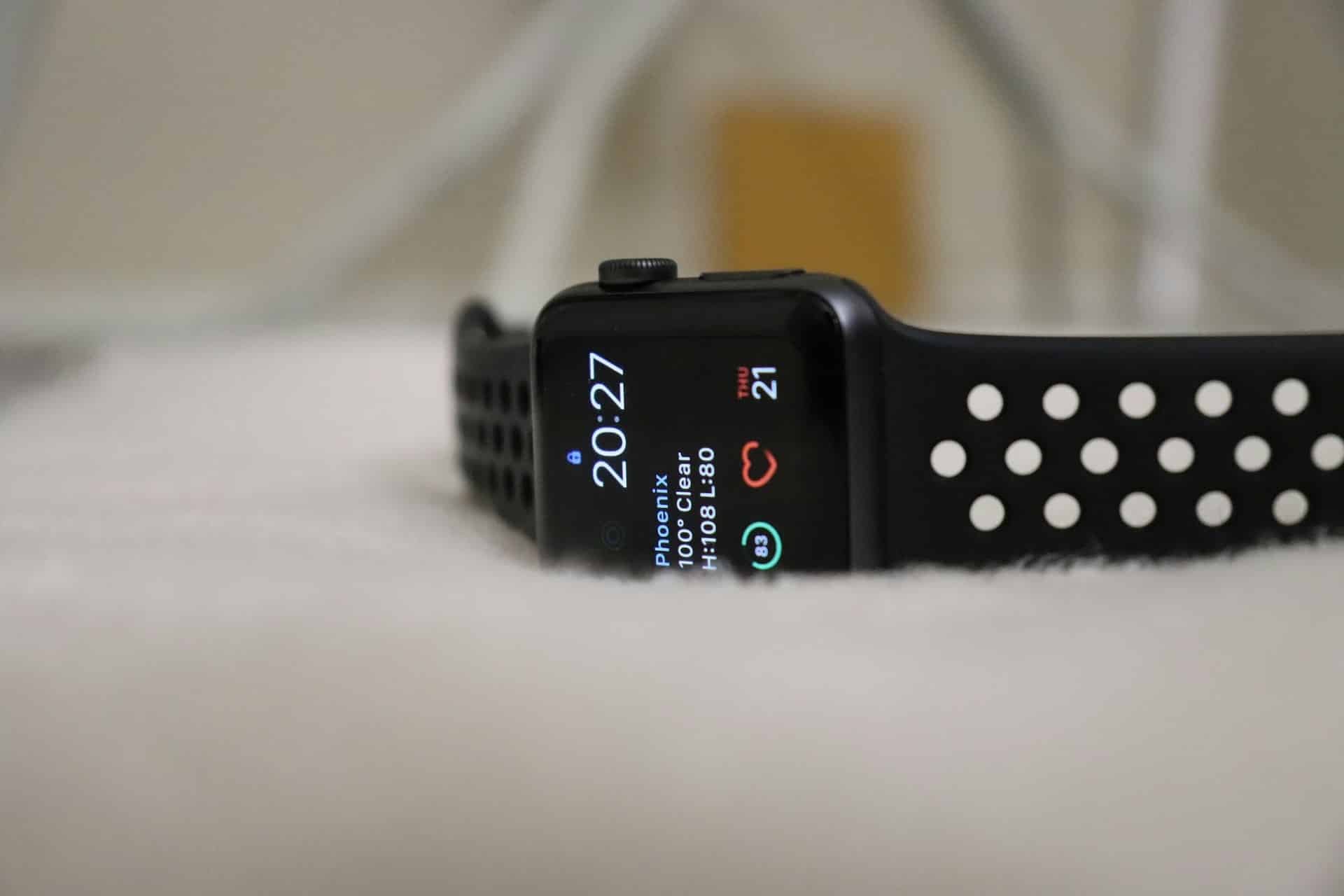Information and Communication Technologies, known as ICT, have become a constant and determining presence in our daily lives. From the moment we wake up until we go to bed, we are surrounded by devices that make tasks easier, keep us informed and connected, and even help us manage our well-being. It’s no longer just about mobile phones, laptops, or tablets; it also includes smart thermostats, voice assistant speakers, health-monitoring watches, and blinds that open and close automatically (though, to be fair, sometimes with less precision than a weather forecast).
Jokes aside, the applications of ICT go far beyond entertainment or home convenience. One area where its impact is truly transformative is health. Advances in this field not only improve healthcare but also save lives, shorten diagnoses, and bring treatment closer to those who previously faced greater challenges.
For example, thanks to ICT, telemedicine can be conducted normally, allowing patients in rural areas to consult specialists without the need to travel. Wearable devices monitor vital signs in real time, sending automatic alerts if anomalies are detected, and electronic health record systems streamline and unify each individual’s medical information, making care more efficient and secure.
Furthermore, technologies such as artificial intelligence applied to image diagnosis and augmented reality in surgery are changing the game in hospitals and clinics worldwide. Healthcare professionals have access to more precise and faster tools, and patients can benefit from more personalized and effective treatments.
In short, ICT is much more than technological tools: they are agents of change that are redefining how we live, work, relate to one another, and, importantly, how we take care of our health. This transformation is just beginning, and we are only starting to grasp its potential.

